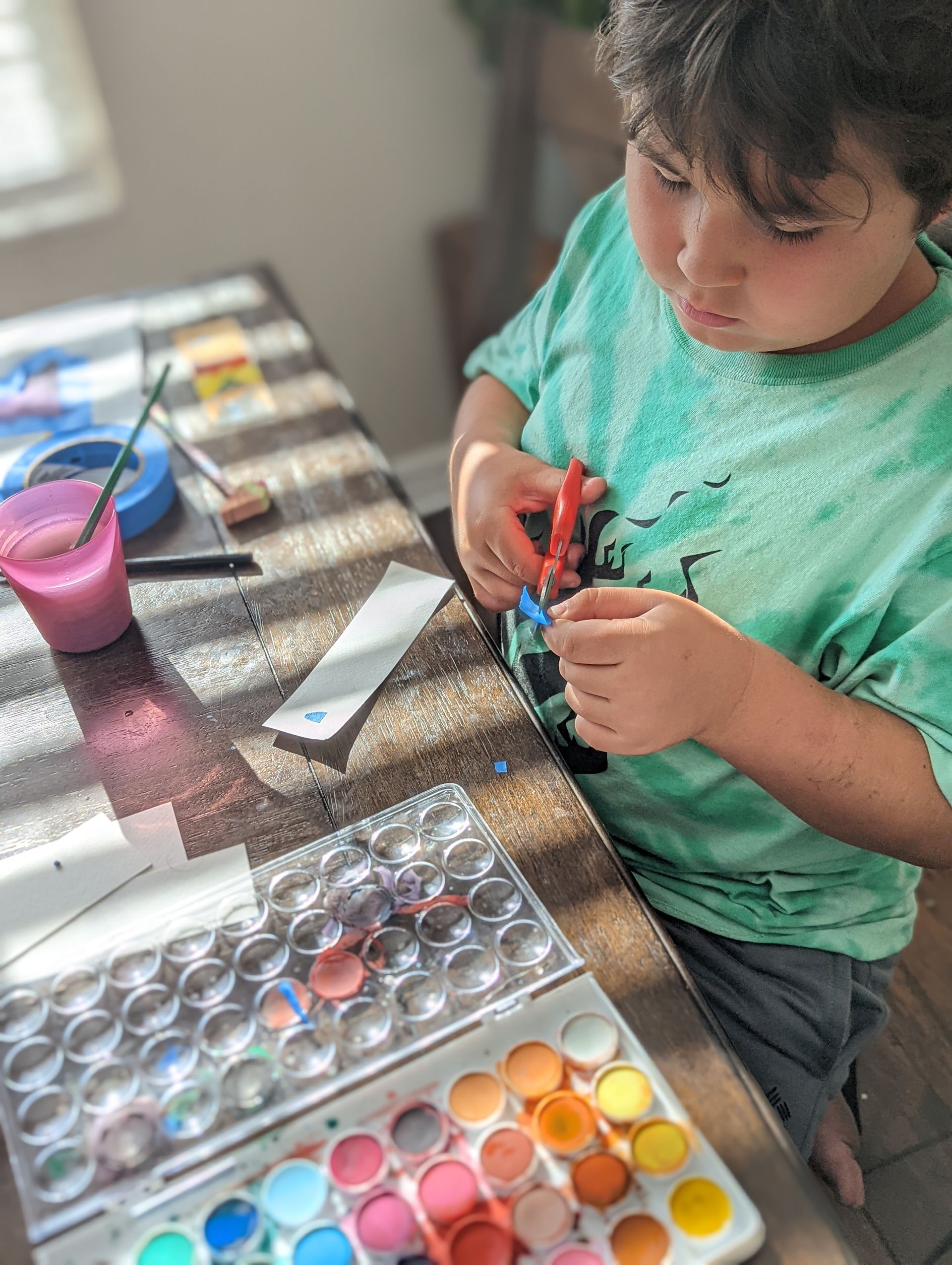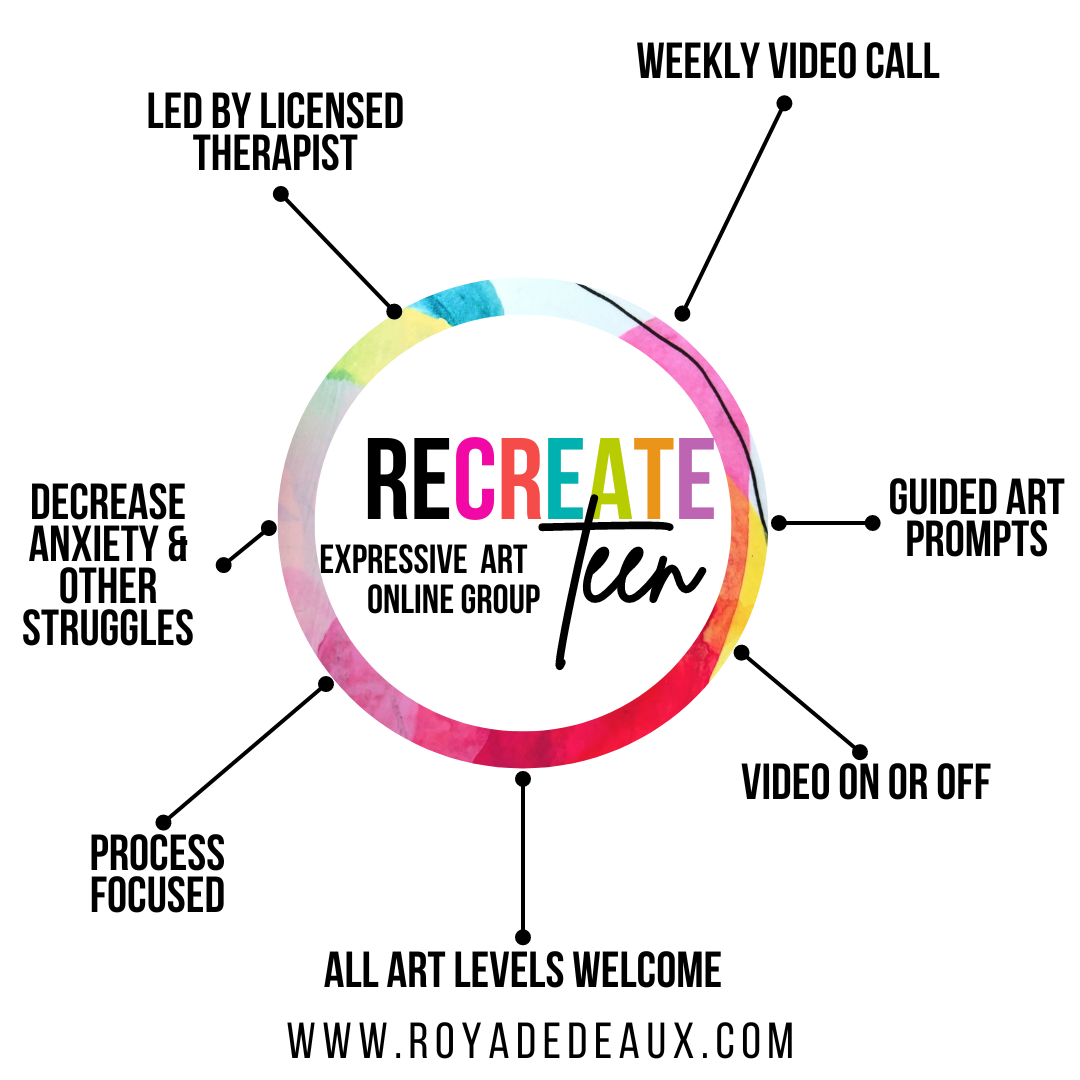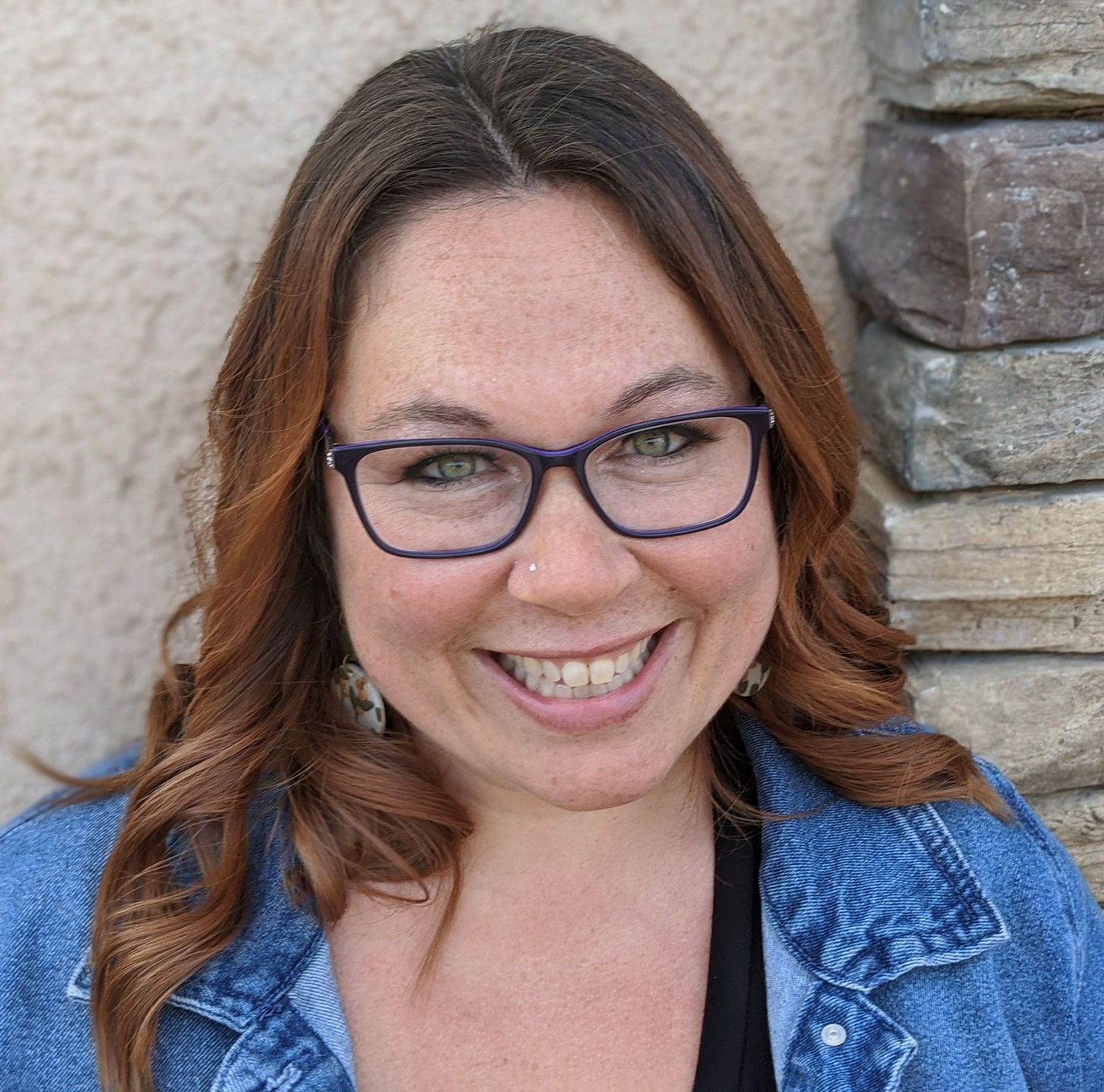A Teen's Guide to Fighting Nihilism
Why Does Everything Feel So Pointless?
If you've ever found yourself wondering, "What’s the point of anything?" you’re not alone.
Many people, adults and teenagers alike, struggle with nihilism—the belief that life has no inherent meaning or purpose. It can feel overwhelming, like a heavy fog settling over your mind, making it hard to care about your hobbies, relationships, or even yourself.
As I write this we are a few weeks into Trump’s second presidency, and almost every single therapy session I have had since November has included clients struggling with their own sense of powerlessness in the face of huge, global overwhelm.
When we feel like people in power are working actively against the best interest of our communities, and we feel like there’s nothing we can do about it - it’s really, really easy to slip into despair. Because our brains try to protect ourselves from that level of acute pain, on-going despair can easily turn into checking-out and deciding nothing matters anyway.
But here’s the thing: meaning isn’t something you find; it’s something you create. You have more power than you think, and this guide will show you how to fight nihilism by engaging with life in ways that feel authentic and fulfilling to you.
1. Music: The Soundtrack to Your Resistance
Music has an incredible ability to shake us out of apathy. It connects us to emotions we might not even realize we have. When the weight of nihilism makes everything feel gray, the right song can bring color back into your world.
Find music that resonates with you. Whether it’s punk, musical theater, classical symphonies, or hip-hop that speaks to your experiences, seek out sounds that move you.
Make your own playlists. Create different soundtracks for different moods—one for motivation, one for reflection, one for pure joy.
Connect with your community. Music sharing programs make community playlists a profound tool for expressing emotions, and also for finding comfort in sharing those feelings with others.
Consider making music. You don’t need to be a professional. Writing lyrics, learning an instrument, or experimenting with digital audio software can give you a sense of purpose and creativity. Part of what makes us human is our musicality. We people are inherently musical - even if you don’t think you have a particular talent. Add some music behavior to your days to tap into one of the things that makes you
you.
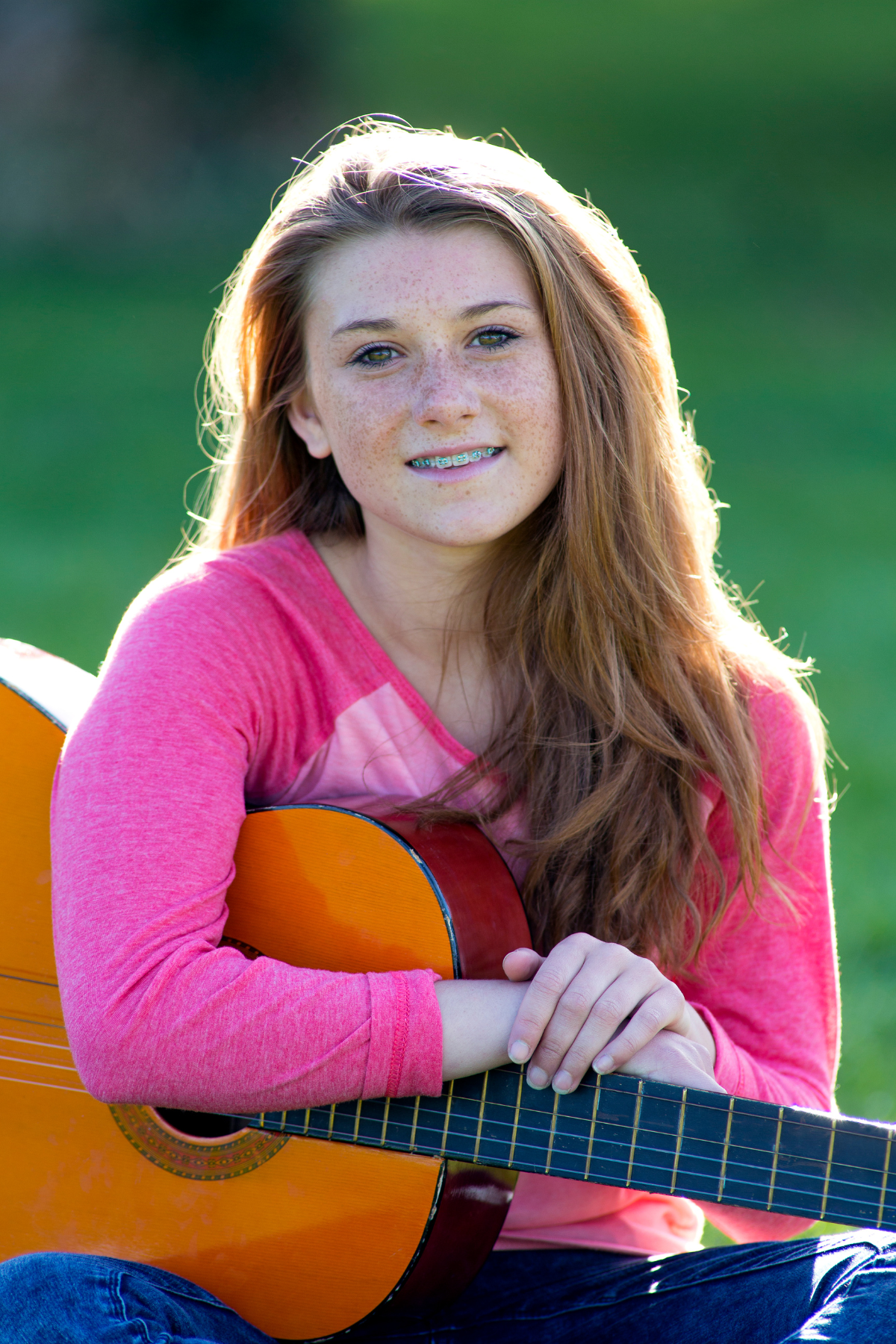
It always helps me to discover new and talented musicians - you know the people who light up the tiny screen on my phone with their passion and vibrancy. The musicians who have to make music because it’s a part of who they are. I love finding passionate artists who aren’t huge stars - because not only does their music move me, I know that I am making a difference to their lives with every like, comment, and share.
Look for music that speaks to the difficulties of the current times. Our human history is rich with music that artists wrote as a direct protest to past injustices. Finding those voices and bringing them back can help you remember that you are a part of something bigger.
Music is proof that emotions and ideas can be transformed into something tangible. It reminds us that we are alive and that being alive is worth celebrating.
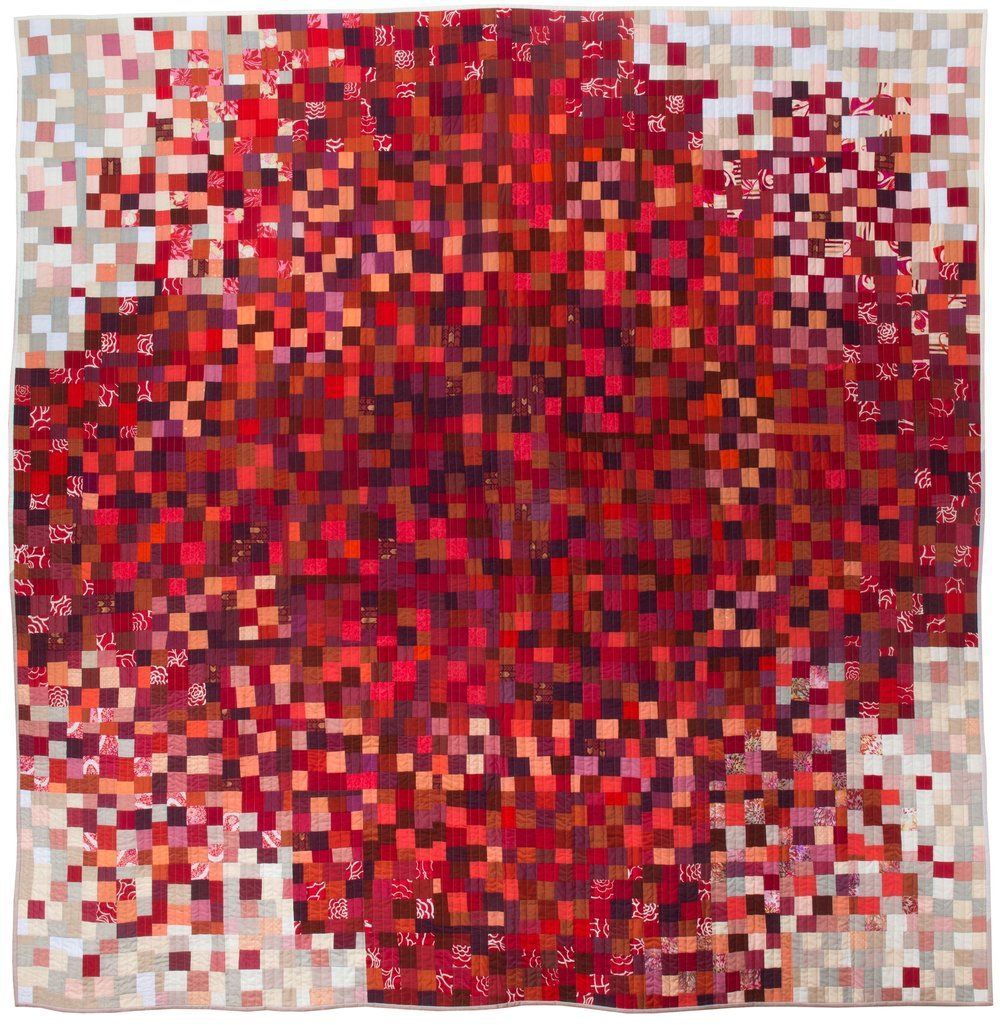
This is a quilt by Laura Shaw. It was censored by the AQS due to the artist statement that accompanied it. This work of art was Shaw's response to Roe v. Wade being overturned. Art is political.
2. Art as a Form of Revolution
Nihilism often tells you that nothing matters, so why bother? But what if creating art—drawing, painting, writing, dancing—was an act of rebellion against that mindset? What if making something was your way of proving that you exist and that your thoughts and feelings are real and important?
Art is a mirror and a message. It allows you to express what’s inside of you, even when words fail.
It doesn’t have to be "good." Your art doesn’t need to be impressive or perfect. It just needs to be yours.
Engage in creative activism. If you feel passionate about something—mental health awareness, climate change, social justice—channel that into your art. Change starts with expression. A piece of issue-based art is often the thing that makes someone else pause and think twice about their assumptions.
Rebellion doesn’t always look like protests in the streets. Sometimes, it looks like a sketchbook filled with raw, unfiltered emotions. Every brushstroke, every word, every movement is a refusal to be swallowed by despair. Making you feel hopeless and helpless is often a *calculated tactic* by oppressive people or systems.
Making art, sharing art, consuming art, letting yourself find beauty and joy and meaning in art - this is a direct and radical slap in the face to everyone who might want to keep you down.
Think of making art also as a form of historical archiving. One of the reasons we find ourselves in every new human-made-mess is a failure to learn from history. You can be a part of recording what we are going through right now this very minute, and maybe one day you, or other people, can learn from what you created.
3. Taking Action Steps Toward Personal Goals
One of the most dangerous aspects of nihilism is its ability to make you feel powerless. When nothing seems to matter, it’s easy to believe that your actions don’t make a difference. But small steps toward a personal goal can help break that illusion.
Define what you care about. What excites you? What makes you curious? What would you love to be able to do? If you are still thinking, “I wanted to be a marine biologist, but why even bother taking a college class if this job won’t even exist for me in 10 years…”
I want you to do an experiment, and re-think through those questions while pretending that the current situation you are in is the IDEAL situation. What WOULD excite you, if everything around you was great? What would make you curious IF you were feeling hopeful about the future? What would you love to be able to do IF you assume you’ll be able to do whatever you choose?
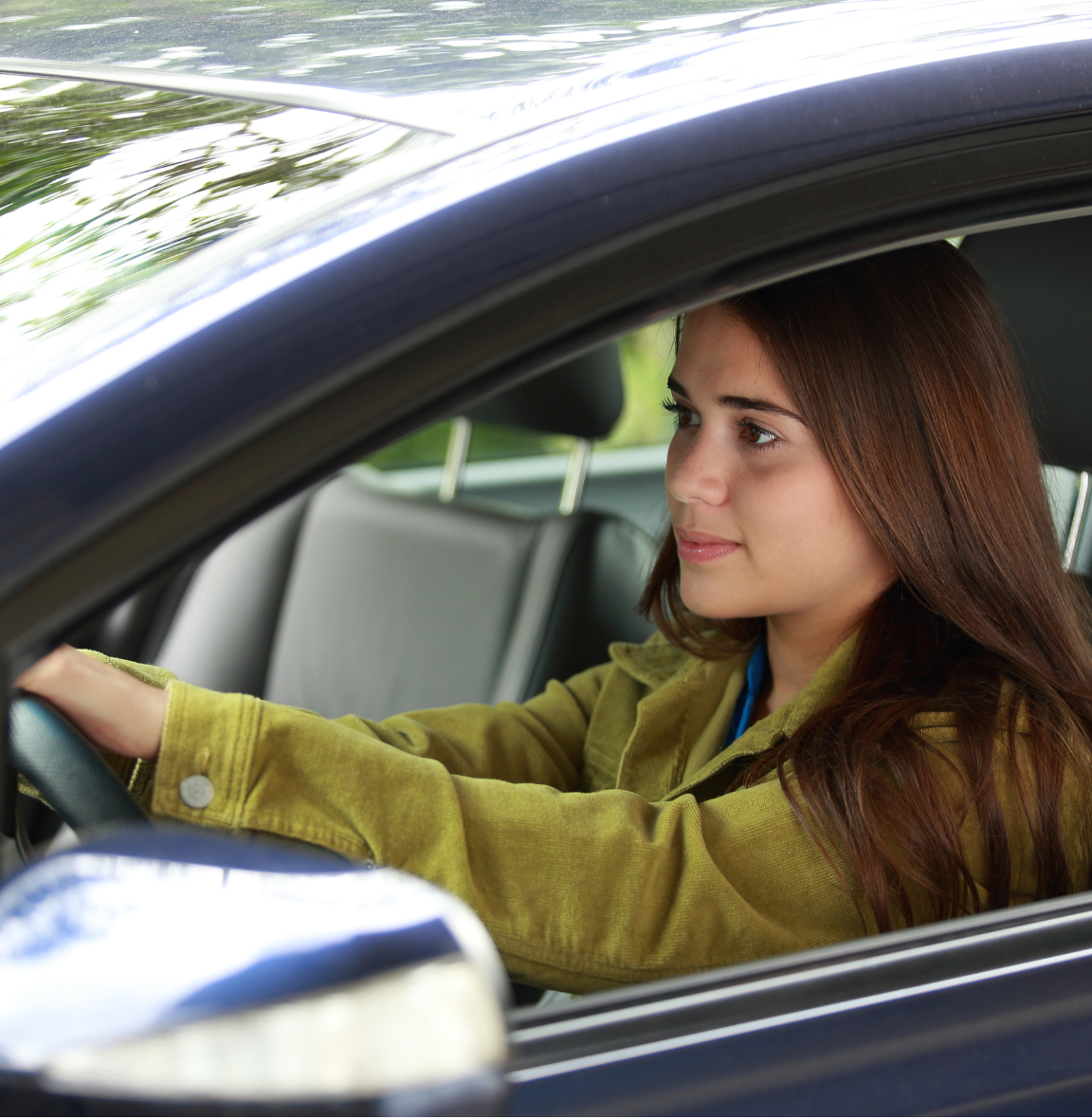
Your feelings matter. I’m a therapist, for cryin’ out loud - of course your feelings matter. But sometimes, especially in the face of existential angst - your feelings aren’t the ONLY things that matter. You have to make intellectually-based decisions to take action steps and move forward, even when you don’t feel like it in the moment.
I’m at least 20 years older than the folks I’m writing this for - so I need to give you the benefit of my extra decades of experience. If you stop every time you feel like it, you don’t make progress. But time keeps going. Which means you’re going to look up at some point and feel left behind. Which will make you feel like a failure. Which will make you feel even less capable of taking action steps towards your goals.
So here’s my ask of my teenage clients - even if you don’t feel like energetically and enthusiastically hiking to the top of whatever mountain you’re on - keep taking steps. Little steps. Slow steps. Grumpy steps. Crawl on your hands and knees if you have to, but keep going. Do NOT let external people or circumstances, even if they seem overwhelmingly powerful, steal your future or your capability from you.
Times change. People in power fall or get removed from power. Policies shift. Things go sideways and get righted again. “This too shall pass.” And when it does, the world needs you. Keep working on yourself so that when your time comes to help affect big change, you’re up to the task. You’re worth it. You deserve it. And we need you to remember that.
Okay, fine Roya, I won’t just stare at my wall or doomscroll until I turn 30 - but I’m still feeling like nothing I do matters and the thought of trying to accomplish anything big is exhausting.
I know. Me too. So here’s what we are going to do.
Break it into steps. Instead of overwhelming yourself with a huge dream, focus on what you can do today. Like I said - the steps can be tiny, but they have to be steps.
Celebrate progress. Even tiny victories count. Each step you take builds momentum and reminds you that you are capable of growth.
Oppression steals joy, as much as it steals human rights. It’s okay to celebrate your wins, even if they feel small in the grand scheme of things. We all need joy and being able to celebrate vicarious joy is good for our communities too. It’s the bright spot of my life right now to hear the little successes of my teen clients. Those bright spots help keep me working. Your victories matter more to the rest of the world than you know.
Purpose doesn’t have to be some grand, abstract idea. It can be as simple as finishing a book, learning a skill, or improving at something you love. Make a corner of your home more usable or beautiful. Take care of your body in some way.
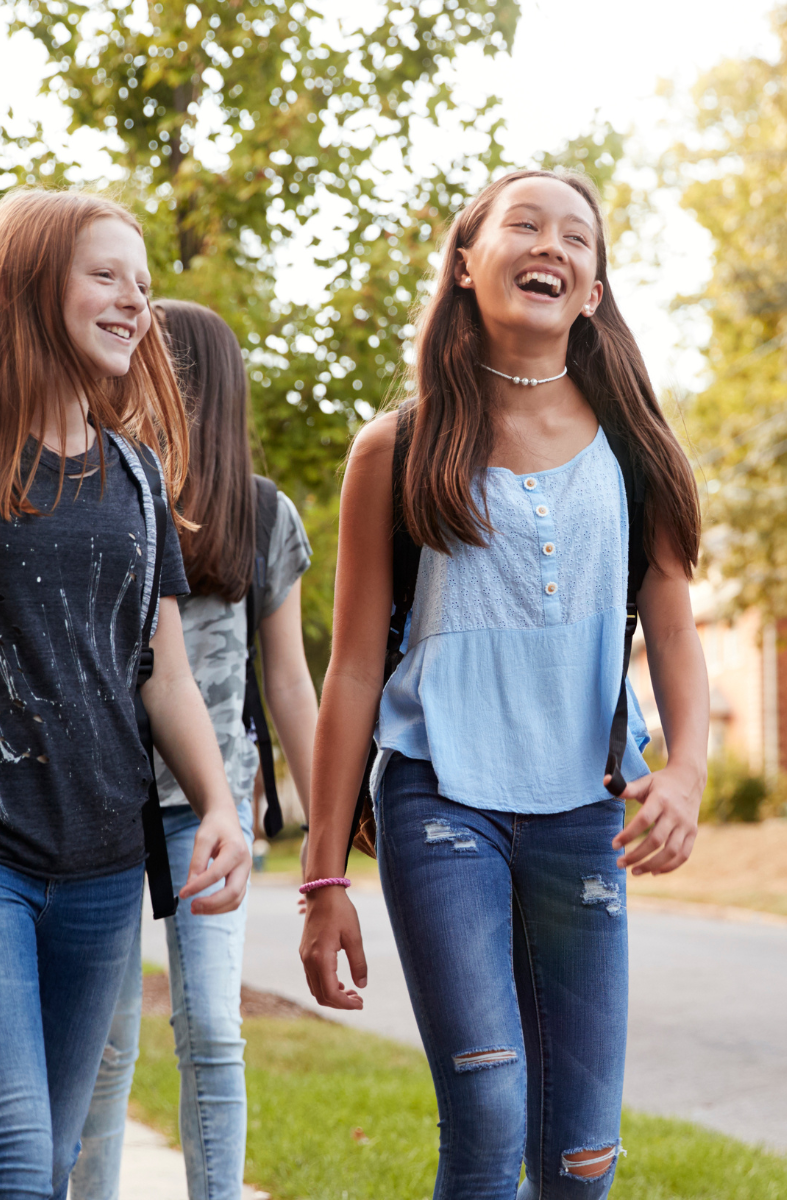
4. Helping Someone Younger Than You
One of the fastest ways to combat nihilism is to step outside of yourself and be there for someone else. You might not realize it, but to someone younger than you, you are already a source of wisdom and experience. To this day one of the best gifts I have ever received in my entire life was a mixed tape from my 16 year old cousin when I turned 11. He titled it, “Songs you should know” and it was my introduction to Ani DiFranco, Tori Amos, Fiona Apple and so many more musicians that I still love and listen to. The tape was great - but it was especially meaningful because my older cousin was the one who made it for me, and I looked up to him and his tastes. I have no idea if he knows what an impact that long-ago gift had on me! When I’m done writing this, I’ll have to let him know. You probably also have no idea how much your perspective or actions might mean to someone younger than you.
You might not have a younger cousin right there, but that doesn’t mean you can’t help impact someone in a positive way.
Mentor someone in a skill you know. If you play an instrument, skate, draw, or understand a subject well, you can use this experience to teach younger kids in your neighborhood, family, or maybe siblings of friends. Don’t forget - you don’t need to be a Level 10 Expert to teach a beginner. You just need to be a couple levels above them!

Be the person you needed when you were younger. Even small acts—like listening, giving advice, or just being kind—can make a difference. You don’t need to teach someone to play guitar, you could just…hang out. Value their opinion of the last movie they watched. Play a video game with them. Your time is as valuable as your expertise.
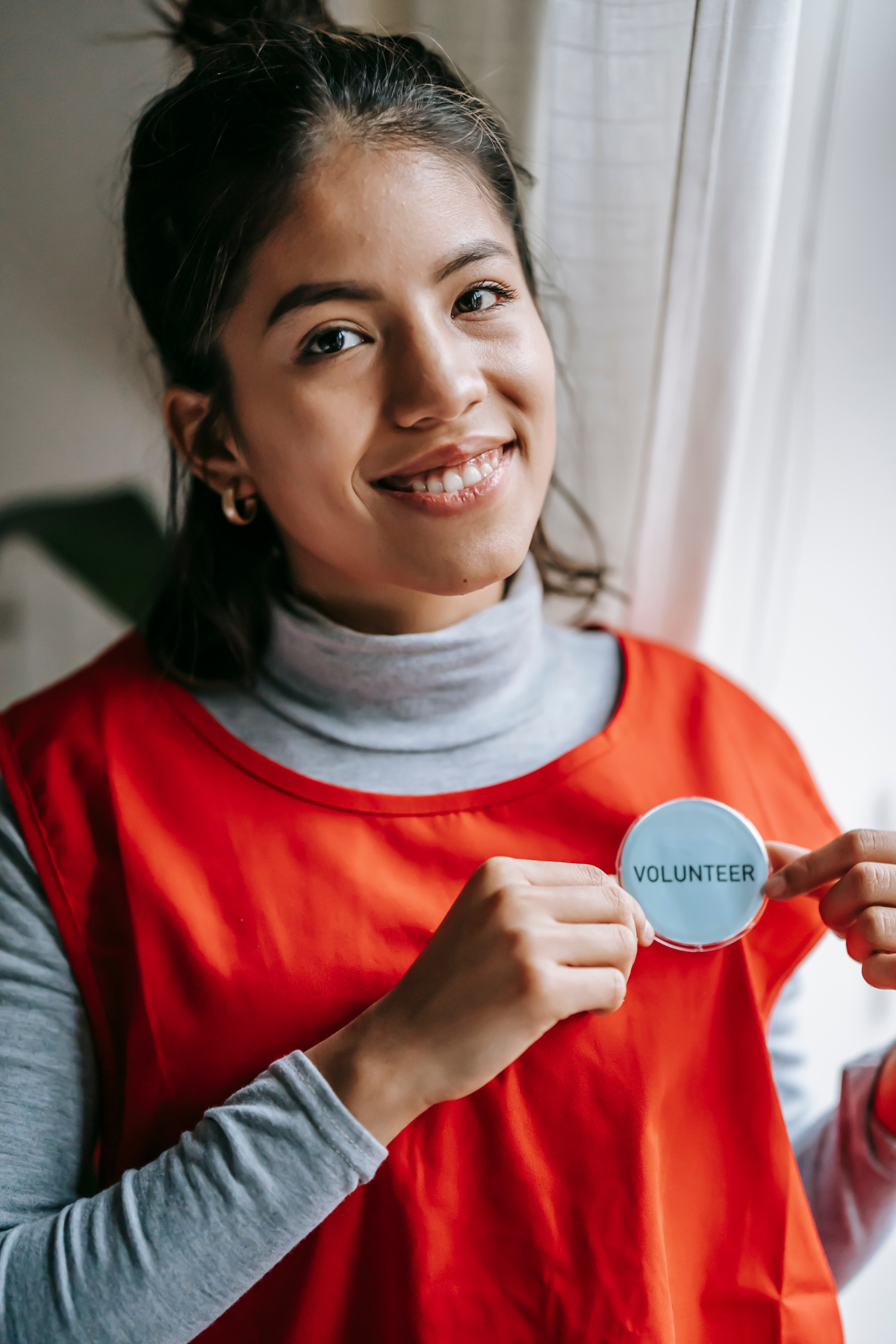
Volunteer if possible. I know this is a kind of cheesy solution to a big problem, but I want you to update your thinking of what “volunteering” might look like. When we think about volunteering, how many of you thought of an animal shelter or soup kitchen first? There’s absolutely nothing wrong (and lots right) with volunteering at either of those kinds of agencies - but that barely scratches the surface of different ways to contribute your skills and time to the world. Lots of the teenagers I’ve worked with think that volunteering will require a lot of face-to-face with other people, and be a potentially huge and scary experience that will only be a good fit for outgoing and extroverted people.
When my kids were little, I would have given my left foot to have a teenager come and play Minecraft with them. I would have been SO grateful to a teen who knew how to set up their accounts, who could have helped read the instructions to them, and who would have just enjoyed the game play next to them. That might have been a great fit for some of you! There are thousands of organizations and individuals out there that you could volunteer for in out-of-the-box ways. If you want to start pursuing this as a possibility - start with people you enjoy being around, or activities you enjoy doing.
You never know who could really benefit from you offering your time, and volunteering can give you a renewed sense of purpose.
5. Being a Conscious Consumer of Media
The internet bombards us with information, opinions, and entertainment. While media can be an escape, it can also contribute to nihilism if we’re not careful. Doomscrolling, mindless consumption, and constant exposure to negativity can reinforce feelings of helplessness.
I have a few rules for myself these days - rules that do change, depending on context - but they’re working for me right now.
Rule 1: Timing Matters
If I notice that I regularly have a negative feeling when engaging with that medium, I don’t let myself turn to it first.
Example: TikTok, right now, is a place of stress for me. I let myself go on TikTok, but I do not let myself open it first thing. I have to get up, shower, drink coffee, and interact with other humans before I watch a video.
Rule 2: Don’t listen to the same news twice.
There are a lot of awful things happening in the world, and a lot of different people are covering that information in a variety of ways. Some of it is satire or comedy, some is good old fashioned legacy media, and others are independent and earnest news sources. If I have already listened to information about an event from one source, I do not allow myself to listen or read from another. What this does is help me with feeling completely overwhelmed with negativity. Let’s say 10 newsworthy things happened today, so I listen to 10 videos about them. I’m educated and up to date with what’s happening in the world. But if I listen to 5 different people report on those 10 news items, now I’ve just listened to 50 different negative stories which doesn’t add any value to my life and only serves to overwhelm and depress me.
Rule 3: Use it as a platform for good.
Every time I go on social media, I repost videos from other creators that I want to amplify. I don’t argue in comments (usually) - but I do try to add support to creators that I think are doing valuable work. This helps me feel purposeful and like I’m adding to the overall goodness in the world.
Am I scrolling Instagram for work? Then set a work goal, and accomplish it. Am I on TikTok because I want to connect to others? Then either connect there, or send a text to a friend for even more connection. Am I on YouTube to learn something? Seek it out. Am I watching for entertainment? Then be picky and make sure it’s actually entertaining. I know this sounds like common sense, but I have found that if I ask myself real quick before I open something, “hey why are you doing that?” I can meet that purpose without drowning in the deluge of unhelpful or unhealthy content that I might get lost in otherwise.
Choose what you consume carefully. Follow creators who inspire you, educate you, or make you feel seen. Engage critically. Instead of passively absorbing everything, ask yourself: Who created this? Why? How does it affect me? What can I do with this information? Take breaks. That might look like not watching YouTube for awhile, or it might mean switching platforms. I’ve been listening to a lot of classic audiobooks lately, for example.
By being intentional about what you consume, you can shift your mindset from passive despair to active engagement with the world around you.
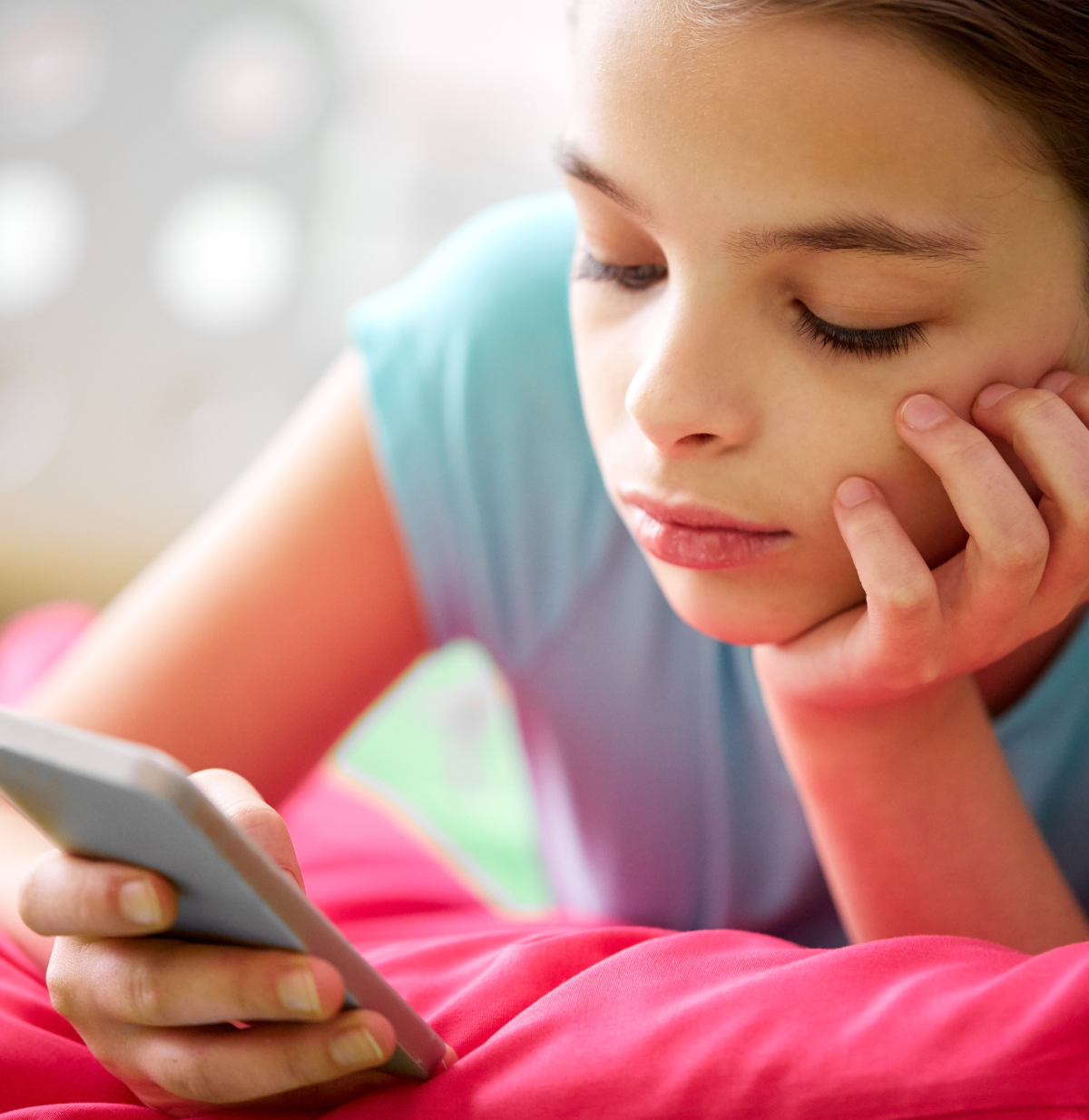
Conclusion: You Are the Author of Your Own Meaning
Fighting nihilism isn’t about pretending everything is perfect. It’s about realizing that meaning isn’t something you wait for—it’s something you build, brick by brick, moment by moment. Through music, art, action, mentorship, and conscious engagement with the world, you can carve out a space for yourself that feels real and fulfilling.
You are not alone in this. And you are not powerless. The fact that you are here, reading this, means that something inside of you is still searching for meaning. Keep searching. Keep creating. Keep fighting. I’m proud of you for every step you’re taking.
Need a space to make art and connect with other like minded teens?
I run an online art groups for teens! For $25/week they get up to 3 hours of meeting each week, plus an ongoing discord server! Art is process-based, and the whole thing is super flexible (they don't even need to have their camera on) and no judgment!
Roya Dedeaux is a Licensed Marriage and Family Therapist with a focus on using creative tools like art, writing, and recreation as a way to help teens and their families who don't quite fit the mold.
Roya’s first book, Connect with Courage: practical ways to release fear and find joy in the places your kids take you is the result of her background in Recreation and Leisure Studies and Marriage and Family Therapy and is the base of her Connect with Courage Parenting Course.
She loves running her private practice, creating art prompts for her
two online art groups, and running games and challenges in the
free Recreate Parenting Facebook community! When she's not doing that, she loves to make messes with her three wild & wonderful kids where they live and play hard in Southern California.
Connect With Courage
